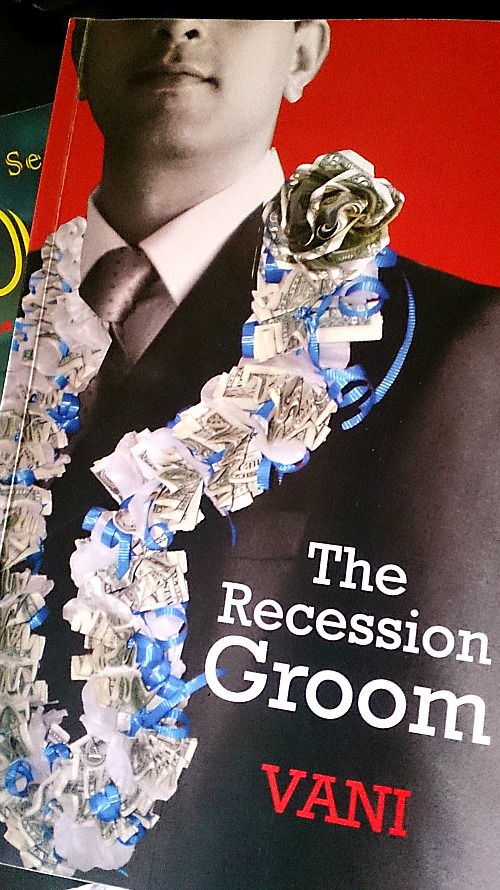
It is a euphoric feeling when you get your first salary in hand. The financial independence comes with a lot of freedom and lot of lessons. The first lesson is how not overspend and to learn financial planning. I remember when I had gotten a job during the last semester of my engineering, my mom had started to educate me on financial literacy. Whew! It felt like I had entered an adult world.
Today, this information is much more easily available at our fingertips, thanks to Quora and other finance websites. I really like how people share their investment tips and knowledge for the beginners. So, I thought I would share a bit of my knowledge though I hardly know a lot about mutual funds and share markets. So, let’s see what I have.
Create a Budget
This might take you a few months to figure out depending on your living conditions and expenses incurred. Always start with listing out your expenses from the first month itself. You can always add to the list later if you do not anticipate something. This will give you an idea of how much you need to spend towards your living expenses.
Divide Your Income
Depending on the budget created, you can create divide your income into expenses, savings, investment options and luxury segments. Always create the habit of saving before spending. Howsoever little you might be earning (if you are doing internship), you can always save 5-10% of your salary barring the living expenses. If you are earning a decent salary (say above 20k), lock 20-30% of the amount every month depending on your budget.

Create an Emergency Fund
Always start with creating an emergency fund. This is something which I had read long time back which I found quite useful. You must have at least six months of your salary as a stipulated emergency fund which should be replenished as soon as you spend anything from it.
Recurring Deposits and Short-Term Fixed Deposits
I have always found the recurring deposit and short-term fixed deposit options very useful when I am trying to achieve a target. For example, if I have an expense planned (like my father’s 60th birthday), I would create a schedule to achieve the target well in advance and push a certain amount to this separate account so that I have the money ready by the appropriate time.
Similarly, if I get a good amount in hand which is to huge for a recurring deposit, I would create a short-term fixed deposit of 3-6 months in case I am expecting to spend it or a year if I have no plans. In fact, interestingly, two-year deposits carry the maximum interest rates. But, these bank deposits are not really for their interest rates but for unforeseen expenses.
Mutual Funds and Other Policies
This is a new area for me and I have entered this segment only last year. Till now, I have not seen much of an increase in my investment but then they say that SIP’s are meant for long term gains rather than short term investments. Another investment is life insurance though no one wants it to be a fruitful one but owning one is always a good foresight overall. There are options like share markets and bonds etc. which you can explore.
Financial Planning is a disciplined activity and it does take restraint to hold yourself back from buying something on a whim. Having a good net worth will help you have a better future and better self-esteem. But, be careful of falling into the lucrative pitfalls of lending money on interests and giving your money in hands of unauthorized agents or brokers. It pays to be aware.
About Aegon Life: Launched in July 2008 with pan-India operations, Aegon Life Insurance Company Limited has a vision to be the most recommended new age life insurance company. As a joint venture between Aegon – world’s leading financial services and Bennett, Coleman & Company – India’s leading media house, Aegon Life Insurance adopts the power of global expertise to facilitate a direct to customer approach, leveraging digital platforms to bring transparent solutions, and to prioritize customer’s needs. Our product portfolio includes term life insurance plan, pension plans, unit-linked insurance plans (ULIPs), health insurance plans, child education plans, and more.






Nice tips for saving and investing money. Recurring deposits are a really good option. Also having an emergency fund is a must..
Seems this post was specially curated for me. Of recent, I have been having difficulties savin money for myself, despite my own ideas of hoping to save, I still find my self recklessly spending a lot even before the next paycheck comes through.
I’m so ashamed of myself right now, the only thing next to emmergency fund I have is my piy bank, I drop a few notes in there and that’s that! I need to step up.
haha…hope this helps!